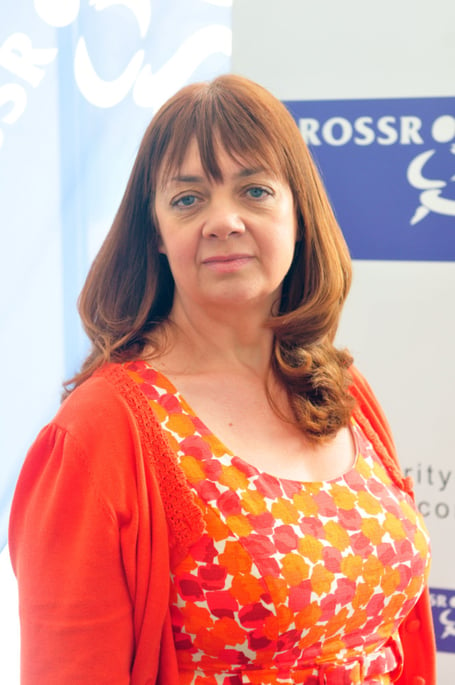More than 80 per cent of carers in the island say their health has suffered as a result looking after loved ones, friends or neighbours.
A third of carers say they suffer from stress or feel tired and even more say they have suffered financially. The majority ay they also feel socially isolated and cannot get a break from their role.
But now the Department of Health and Social Care (DHSC), in partnership with carers charity Crossroads Isle of Man, is trying to address the issues with a new ‘Carers Strategy’.
The new strategy will go before Tynwald next week and it aims to recognise the vital role carers play – potentially saving the Manx economy up to £90m a year – and to help them with respite breaks and more support.
Latest statistics show there are 2,112 carers providing more than 20 hours of care per week; 1,699 providing more than 35 hours care per week and 1,396 providing over 50 hours care per week.
There are also nearly 600 carers aged 65 and over providing over 50 hours of care per week while 25 young carers between the age of 10-19 reported providing between 10-19 hours of care per week.
There are also 16 children responsible for providing more than 50 hours of care per week. But the report says there could be as many as 10,000 carers with many not recognised.
If the strategy approved, it will address the main the impact on carers’ own wellbeing and physical health.
Crossroads chief executive officer Jackie Betteridge, said: ‘We know that carers should be seen as ‘people first’ and have their uniqueness respected, and it is our hope that this strategy will provide a blueprint through which this can be achieved.
‘If approved, this will mean that carers are provided with the appropriate support to enable them to undertake their caring roles while balancing their own needs.’
The strategy explores how carers support friends, family, or neighbours who have an illness, disability, mental health condition or addiction. This is often done while working and balancing their own needs.
The strategy sets out specific actions to better support carers to improve wellbeing, as well as mental and physical health.
It also looks at how to increase availability of respite opportunities, ensuring carers are part of the conversation about the people they care for, increasing the number of carer assessments carried out and undertaking targeted campaigns to increase identification of young carers in all educational settings.
Minister for Health and Social Care Lawrie Hooper MHK said: ‘Without carers our healthcare system would face unmanageable levels of demand, they are absolutely invaluable to us and the people the look after, often to the detriment of their own physical or mental wellbeing.
‘We want to tackle this by providing appropriate support for those who choose to care for others at home. This strategy sets out what that support looks like, based on feedback from carers themselves.’

-(1).jpeg?width=209&height=140&crop=209:145,smart&quality=75)


-(1).jpeg?width=209&height=140&crop=209:145,smart&quality=75)
Comments
This article has no comments yet. Be the first to leave a comment.